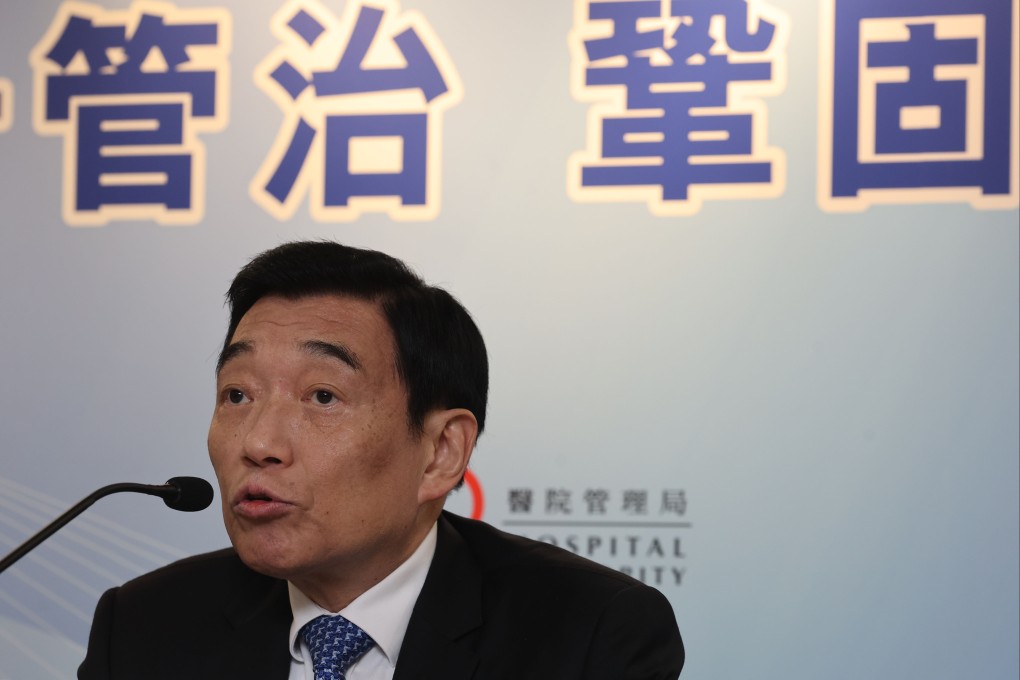Editorial | Targeting medical mistakes a vital step towards a better system
Clearer guidance for disclosure of blunders is part of a ‘full body check’ for the Hospital Authority that is to be welcomed

Patients and their families have in the past been doubly traumatised to learn from news reports that they were caught up in a medical mistake in Hong Kong. So, it is good that public hospitals must now share facts regarding blunders with those affected before revealing anything publicly. Clearer guidance for such disclosures was among 31 recommendations from a committee set up in July to review authority governance after a string of medical blunders and equipment failures.
Hospital Authority chairman Henry Fan Hung-ling admitted that hospitals had sometimes “rushed” to announce incidents and that information released before all facts were ascertained had led to later corrections that only made things more confusing. He said clarifying facts and informing patients should take one to two days. The process will not be the same as the work of “root cause” analysis panels to be formed after mishaps to investigate “how and why” an incident occurred and determine what to improve in the future. The authority also appointed a separate Governance and Structure Reform Committee which will go beyond the 31 recommendations to cover reviews on clinical services, finance management, human resources and pay.
Fan said each hospital would have a rapid response team as a contact point for family members. The authority would also train a team of healthcare professionals to explain medical issues to patients and the public. A register of independent experts in various areas will help hospitals quickly form the analysis panels. The authority also plans to simplify panel analytical work procedures and experts will be expected to come up with suggestions to prevent similar blunders in the future.
The comprehensive review Fan described as a “full body check” for the authority is to be welcomed. It has been nearly a decade since the government laid out an overall hospital development plan to expansion or redevelopment of public hospitals. Medical mistakes and equipment problems may be impossible to eradicate. This is particularly true in an environment where medical professionals must have a chance for hands-on training.
As we have argued in the past, it is good that authorities responsible for healthcare acknowledge there are systemic problems. Their responses and solutions must be well-planned and sustainable.
Attention directed at this critical sector is worth the investment of time and money. Understanding and minimising medical mistakes is an obvious starting point and should be a catalyst for efforts to improve the overall system. It is an important first step that the problems are being recognised and that privacy concerns as well as patient feelings will be addressed.
